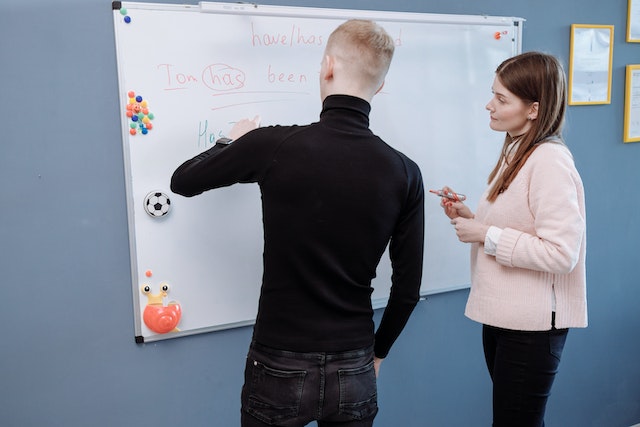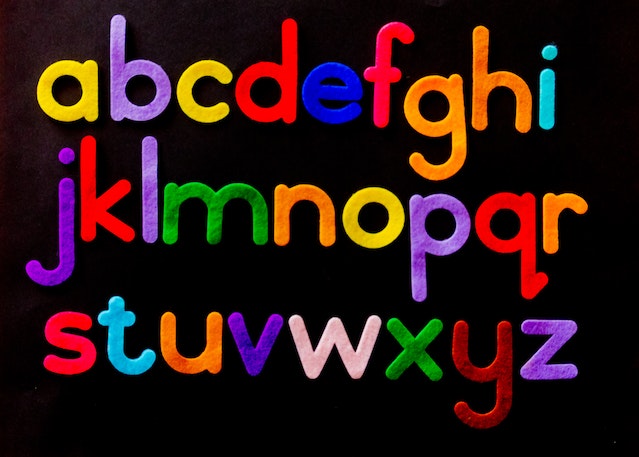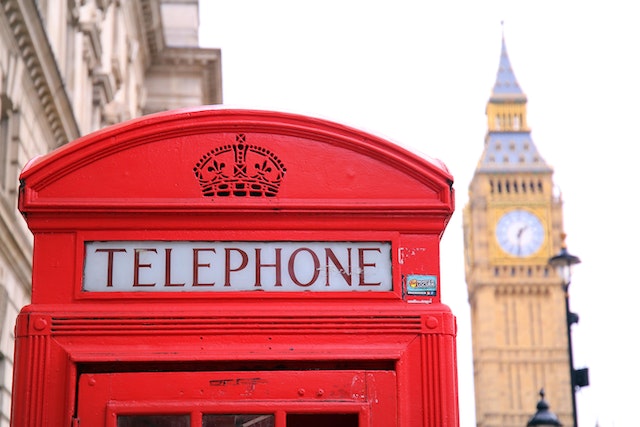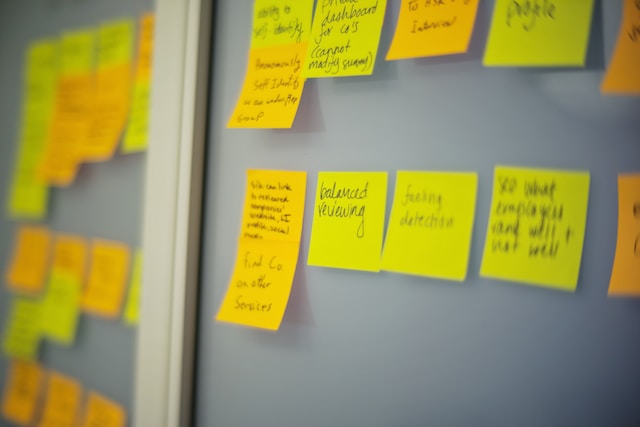ADVERB CLAUSES
Adverbial Clauses in English Adverbials of Time Whenever: Whenever I see him, I am in a good mood. He makes me feel positive. Once: Once he helps us, we could get over the problems. As soon as: As…
WORD AND GRAMMAR TEST 2
1 The rise in energy ____ has led to a reduction of fossil fuels that the world must use. A) redundancy B) efficiency C) consumption D) suitability E) conformity 2 We must find some way to give them…
ADVERBS
accidentally afterwards almost / … annually / … anxiously / … awkwardly / … badly blindly boastfully boldly bravely brightly busily calmly carelessly cautiously cheerfully correctly courageously crossly cruelly defiantly deliberately doubtfully easily elegantly enormously enthusiastically equally…
PREPOSITION AND NOUNS
Prepositon and Nouns / out of luck on a diet on a trip on average on board on guard on foot on a cruise on hold on occasions on business on fire on order on strike on an…
SYNONYMS 1
Common Synonyms Below is a list of common synonyms along with their Turkish translations: Change modify – replace – alter – switch – vary- exchange – amend – convert – swap Prevent Hinder – Obstruct- block – limit…
SYNONYMS 2
Supply / Provide / Furnish AssureEnsureMake sureGuaranteeSecure Imagine / Suppose / Presume AssumeOpineTheorizePresumeSupposeImagineFancy Think / Consider / Reflect ThinkThink ofConsiderImagineReflectContemplateConceiveSuppose Suggest / Propose / Recommend SuggestProposeRecommendProfferSubmit Generate / Produce / Manufacture GenerateProduceManufactureBreedChurn outGrowFabricate Multiply Multiply (for mathematical operations)BumpHitCrashBangStrikeGreetCollideDashKnockBump…
CONDITIONALS, TYPE 1 AND 2
Conditional Sentences Type 1 and 2 Zero Conditional The zero conditional is used to express general truths and facts. It is formed using “if” and the present tense in both clauses. Example: If you heat water to 100°C,…
FUTURE TIME IN ENGLISH
Future Tense: Will and Going to Will Will is used to describe: Unplanned actions. Voluntary actions. Promises. Immediate decisions. Future events not under our control. Uncertain situations. Examples: I will make a cake for you. He will probably…
RELATIVE CLAUSES / WHO, WHICH, THAT
Relative Clauses: Who, Which, That, Where Who “Who” is used to provide additional information about a person. I have a friend who is from the USA. The student who answers the question first will get the award. Which…
PASSIVE VOICE
Passive Voice Usage in English In English, the passive voice is used when the doer of the action is generally unknown or when the focus is on the action and its result. If you want to mention who…
THERE, IT, THIS, THAT
There and It in English In English, we can use the words ‘there’ and ‘it’ to indicate the presence or existence of something physically in a location or to refer to an object or thing. Using ‘There’ We…
PAST CONTINUOUS
Past Continuous Tense: Lesson 1 Meaning: Actions with continuity in the past. For example, let’s say we played football between 6:00 and 7:00 yesterday. The expression for this is: I was playing football with my friends between 6:00…
PRESENT SIMPLE 2
Present Simple 2: Use and Adverbs of Frequency Usage: In English, the Simple Present tense gives a general sense of the action using the -s or -es endings for most verbs. I always eat fast food. Do you…
THE PRESENT PERFECT TENSE
Present Perfect Tense: Usage and Time Expressions Usage: The Present Perfect tense doesn’t have a direct equivalent in Turkish. It is used sometimes for past actions, and other times for actions that have relevance to the present. In…
SHOULD 2
Usage of ‘Should’ in Various Contexts In English, the word ‘should’ is often used to convey advice or recommendations. It can be used after certain verbs like insist, suggest, propose, and demand. For example: She insisted that her…
PRESENT CONTINUOUS
Present Continuous Tense in English Present Continuous (Present Progressive): The present continuous tense is formed by using the base form of the verb + -ing, with the helping verb am/is/are. Time Expressions: now, right now, at present, at…
MUCH, MANY, A LOT OF, A LITTLE, A FEW
Commonly Confused Adverbs in English Here are some commonly confused adverbs in English: Much /mʌʧ/ – a lot Many /ˈmɛni/ – a lot, many A lot of – a large quantity Little /ˈlɪtəl/ – a small amount A…
SHOULD / ADVICE
Conditional Clauses In English, conditional clauses express future actions: If you study a lot, you will pass your exams. If I have time, I will help you later. If you leave now, you will not be late. What…



















